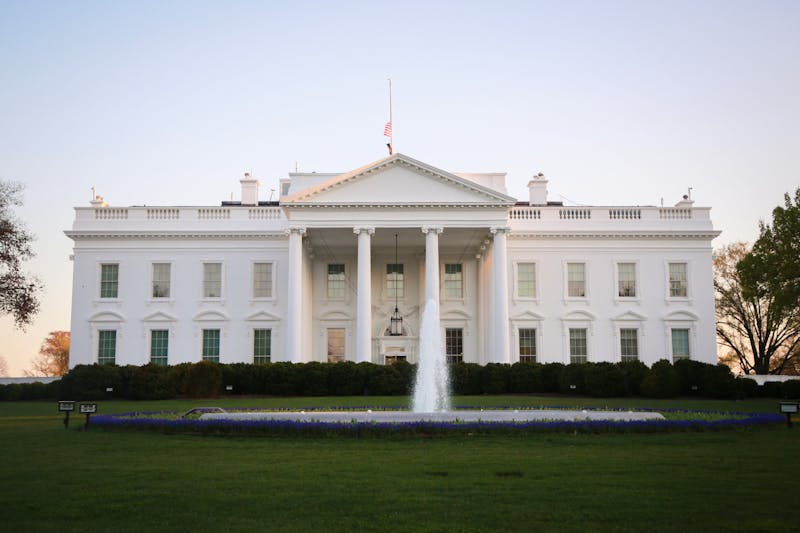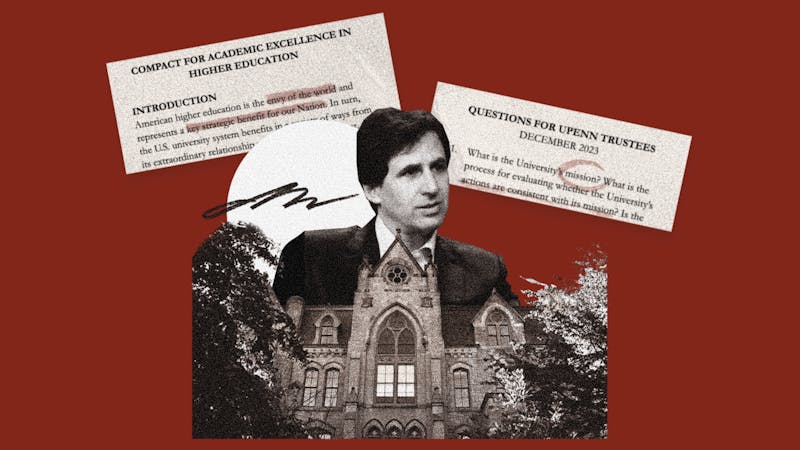From across the globe, scholars joined Penn Law School professors in discussing Bush v. Gore, the historic U.S. Supreme Court that ultimately decided the 2000 presidential election. Last Friday, in the Law School's Tannenbaum Hall, a largely pro-democratic panel -- including Law School professors, a Dade County, Fla. official and a judge from the European Court of Human Rights -- convened to dissect the decision that, in effect, gave George W. Bush the presidency. Introducing the legal experts, Penn Law School Dean Michael Fitts outlined the bold intent of the forum. "The panel is going to make absolute sense of the presidential election," Fitts said. Law Professor Kim Lane Scheppele, the panel's first speaker, provided the historical framework for the U.S. system of elections in her discussion of the original 1787 legislation. "In creating a patchwork system of elections without a national standard, the states agreed to disagree," Scheppele noted. Dade County Chief Counsel Murray Greenberg, relating a few humorous anecdotes, began his critique of the Florida election with a harsh characterization of the Florida government's primary body. "The legislature is a disgrace," Greenberg said. Hypercritical of Judge N. Sanders Sauls' decision in a Tallahassee court, which denied Al Gore's challenge of Florida's certified election results, Greenberg continued his attack on the Florida court system. "[Judge Sauls] used the wrong standard of law when reaching his conclusion," Greenberg said. "However, we cannot completely fault him," Greenberg mockingly added. "Saturday is FSU football and Sunday is the Lord's day and Sauls was willing to work through it all." Law School Professor Seth Kreimer followed Greenberg, expressing his shock at the U.S. Supreme Court's decision to halt the recount. "I thought, based upon precedent cases that there was no chance the Supreme Court would intervene," he said. "I was wrong." Responding to the media's assertion that the ruling would unify a divided nation, Kreimer offered his own satiric wit on the situation. "To don the label of Lincoln saving the Union is a bit rich," Kreimer said. European Court of Human Rights Judge Sir Nicolas Bratza, of England, offered the European perspective on the presidential election debacle. "I don't think that [America] appreciates the immensely bad publicity for the United States and for democracy, as well," he said. "It makes me glad that we have a monarchy."
The Daily Pennsylvanian is an independent, student-run newspaper. Please consider making a donation to support the coverage that shapes the University. Your generosity ensures a future of strong journalism at Penn.
DonatePlease note All comments are eligible for publication in The Daily Pennsylvanian.







